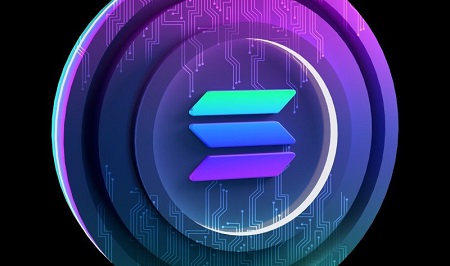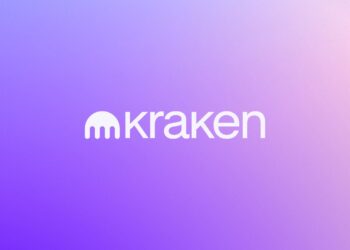A class-action suit filed last week in federal court in California accuses major individuals in the Solana ecosystem of illegally benefitting off SOL, which the suit claims are unregistered security.
“The cornerstone of the value of SOL securities is the sum of Solana Labs, Solana Foundation, and [Anatoly] Yakovenko’s management and implementation of the Solana blockchain,” the suit alleged. It described SOL as a highly centralized cryptocurrency that has benefited its insiders to the detriment of retail traders.
“The cornerstone of the value of SOL securities is the sum of Solana Labs, Solana Foundation, and Yakovenko’s management and implementation of the Solana blockchain. They created the Solana blockchain network and all of the SOL securities in circulation, and likewise determined who would receive SOL securities and under what conditions (including by granting employees and team members SOL securities compensation) and the extent to which additional SOL securities would be introduced into the market.” The suit alleged Solana to be a highly centralized cryptocurrency.
The suit was filed by California resident Mark Young alleging SOL to be a highly centralised cryptocurrency, he further stated that he bought SOL in the late summer of 2021.
The suit names Solana Labs, the Solana Foundation, Solana’s Anatoly Yakovenko, crypto VC giant Multicoin Capital, Multicoin’s Kyle Samani, and trading desk FalconX.
In the complaint, Young alleges that the way SOL was created and sold meets the three tenets of the Howey Test.
The Howey Test refers to a case decided by the United States Supreme Court in determining whether a transaction qualifies as an “investment contract,” and thus becomes security subject to disclosure and registration requirements under the Securities Act of 1933 and the Securities Exchange Act of 1934.
“Purchasers who bought SOL securities have invested money or given valuable services to a common enterprise, Solana. These purchasers have a reasonable expectation of profit based upon the efforts of the promoters, Solana Labs and the Solana Foundation, to build a blockchain network that will rival Bitcoin and Ethereum and become the accepted framework for transactions on the blockchain,” the filing stated, referring to the three forks of the Howey Test.
Solana Labs filed a Form D with the U.S. Securities and Exchange Commission (SEC), noting the company was selling “the future rights” to around 80 million SOL, according to the filing.
Form D is a filing with the Securities and Exchange Commission (SEC). It is required for some companies selling securities in a Regulation (Reg) D exemption or with Section 4(a)(5) exemption provisions.
The Multicoin Defendants employed OTC trading desks, such as US-based FalconX, to serve as brokers for the sale of SOL securities in order to offload the SOL securities. Brokers like FalconX sold the SOL securities by receiving them from the Multicoin Defendants and then selling the tokens on US-based platforms like Coinbase, the suit said.
If you would like to read more articles like this, visit DeFi Planet and follow us on Twitter, LinkedIn, Facebook, and Instagram.
“Take control of your crypto portfolio with MARKETS PRO, DeFi Planet’s suite of analytics tools”





















